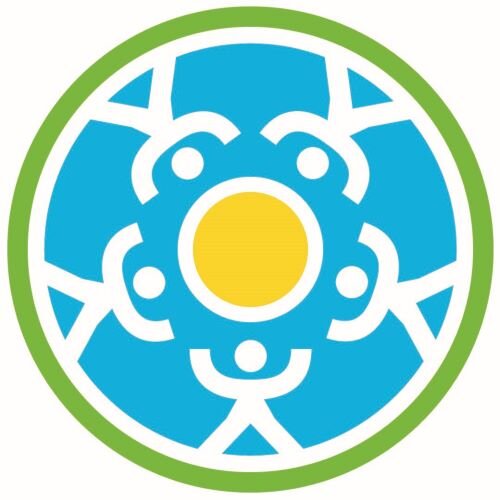“You gotta know when to hold ‘em. Know when to fold ‘em. Know when to walk away, and know when to run.”
~ Kenny Rogers, The Gambler
Is it ever O.K. to quit something? Absolutely. Someone? Yes indeed.
Last month’s blog focused primarily on conflict transformation- to see conflict not as a problem to be managed or resolved, but as an opportunity to strengthen a relationship. The practices shared are relevant to relationship with things, as well as people and other species. Generalize and apply (put into context for your life). Six practices were invited (see last month's blog). If we’ve done our absolute best with practice 1-3 and 4 isn’t a mutual consideration, time to move on to 5 & 6, OR perhaps it’s a matter of putting aside pride and defensiveness to make way for soul-baring and truth-telling?
Historically I’ve found it’s typically been easier to determine when to quit things (food, sports, behaviors, jobs, etc). Not so much when it comes to people. If you’re like me, “don’t be a quitter” was instilled (installed?) in you by a well-meaning (possibly misguided?) parent. Perhaps you’ve never deeply questioned that belief. Literally holding onto and generalizing a statement or belief such as “winners never quit and quitters never win” can be the cause of some serious suffering.
When we’re exposed to unhealthy relationships early on (of any kind), these become our modus operandi (our normal). In order to unlearn habitual ways of relating that aren’t healthy, we have to learn what a healthy relationship looks like. Like winning consistently at poker, healthy relationships take skill. There’s a lot that goes into developing a skill- like readin’ people's faces and knowin' what the cards are by the way they hold their eyes. In poker, as in life, we don’t necessarily have control over the cards we’re dealt. What we do have control over is how, and even if, we play the game.
So how about celebrating the rest of the holiday season by watching a TED talk each day focused on relationships? Just go to ted.com, click on Topics, and type relationship in the search bar. All kinds of “grist for the mill”! On the subject of relationship to ideas, here’s a playful TED intro-
I really appreciate the work of Dr. Bruce Perry. I especially like his take on explicit choice. Again, generalize and apply-
For a shorter, more spiritual take away-
When we figure out who we are, and what’s actually important to us, we consciously choose what and who we connect to and are in relationship with. We also improve choice in what we do with our resources (time, energy, money, talents, and what-have-you). We understand why we’re with who we’re with and why we do what we do (aka. value). We can get into trouble when we stay connected with something or someone and don’t have a big enough why to be in that relationship. The why, of course, is personal. Always start there.
Learn more about who you are, what’s really important to you, and why. Give yourself the gift of committing to the practice of being your own best friend. Increase your skills. Freedom from frustration is one area we can choose to start with. Here’s A Guide to Finding Calm & Being Less Frustrated by Leo Babauta- https://zenhabits.net/unfrustrate/
May 2018 be your best year thus far!
